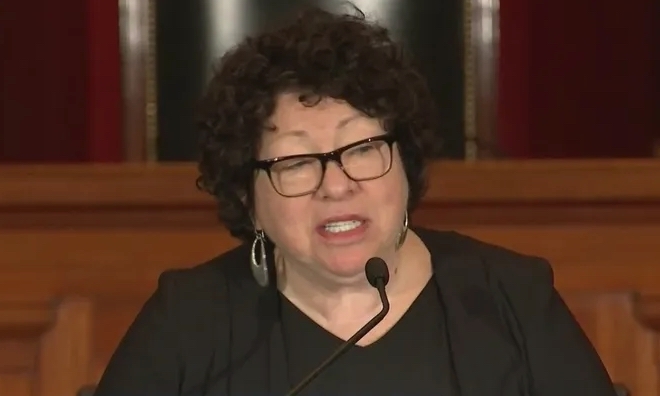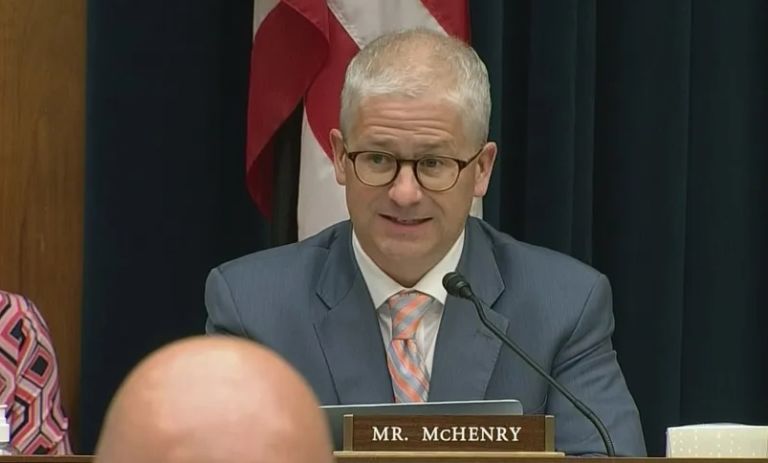Editors at National Review Online are not sorry to see the nation’s No.1 COVID scold leave his government perch.
Perhaps what’s most frustrating about the final years of Dr. Anthony Fauci’s career in government service is that it didn’t have to end this way. Fauci undoubtedly brought a great deal of intellect, dedication, compassion, and hard-earned experience to his career in public health, and the controversies of the past years shouldn’t obscure that.
But once the Covid-19 pandemic turned Fauci into a celebrity — complete with his own prayer candles, action figures, and associated merchandising — it was as if his worst instincts were unchained. Fauci’s public statements grew more strident and his dismissal of his critics more arrogant. By November 2021, Fauci started contending that he had become the walking and talking embodiment of science itself: “It’s easy to criticize, but they’re really criticizing science because I represent science.” La science c’est moi.
No doubt, Fauci attracted more than his share of unhinged criticism. But the national media loved to focus on the unhinged conspiracy theorists and garden-variety nutjobs and death threats against Fauci, because it helped discredit the much fairer, much more legitimate questioning of Fauci’s advice and decision-making.
One of Fauci’s first pieces of advice during the pandemic was to discourage Americans from wearing masks, declaring in a March 8 interview with 60 Minutes, “There’s no reason to be walking around with a mask. When you’re in the middle of an outbreak, wearing a mask might make people feel a little bit better, and it might even block a droplet, but it’s not providing the perfect protection that people think that it is. And, often, there are unintended consequences — people keep fiddling with the mask and they keep touching their face.” The problem isn’t that Fauci changed his mind as masks became more widely available; it’s that he never really addressed his previous declarations that they were ineffective — declarations that apparently he didn’t believe.


